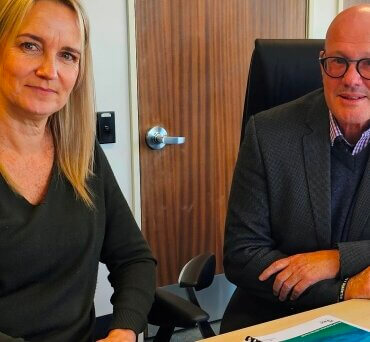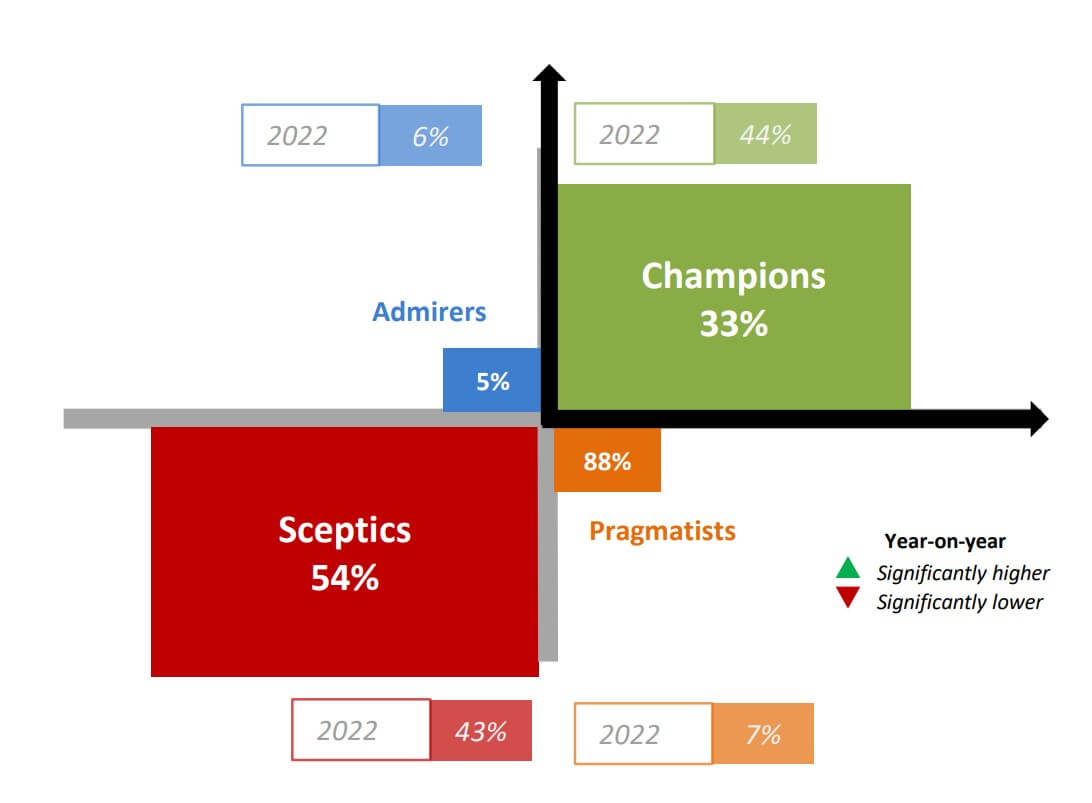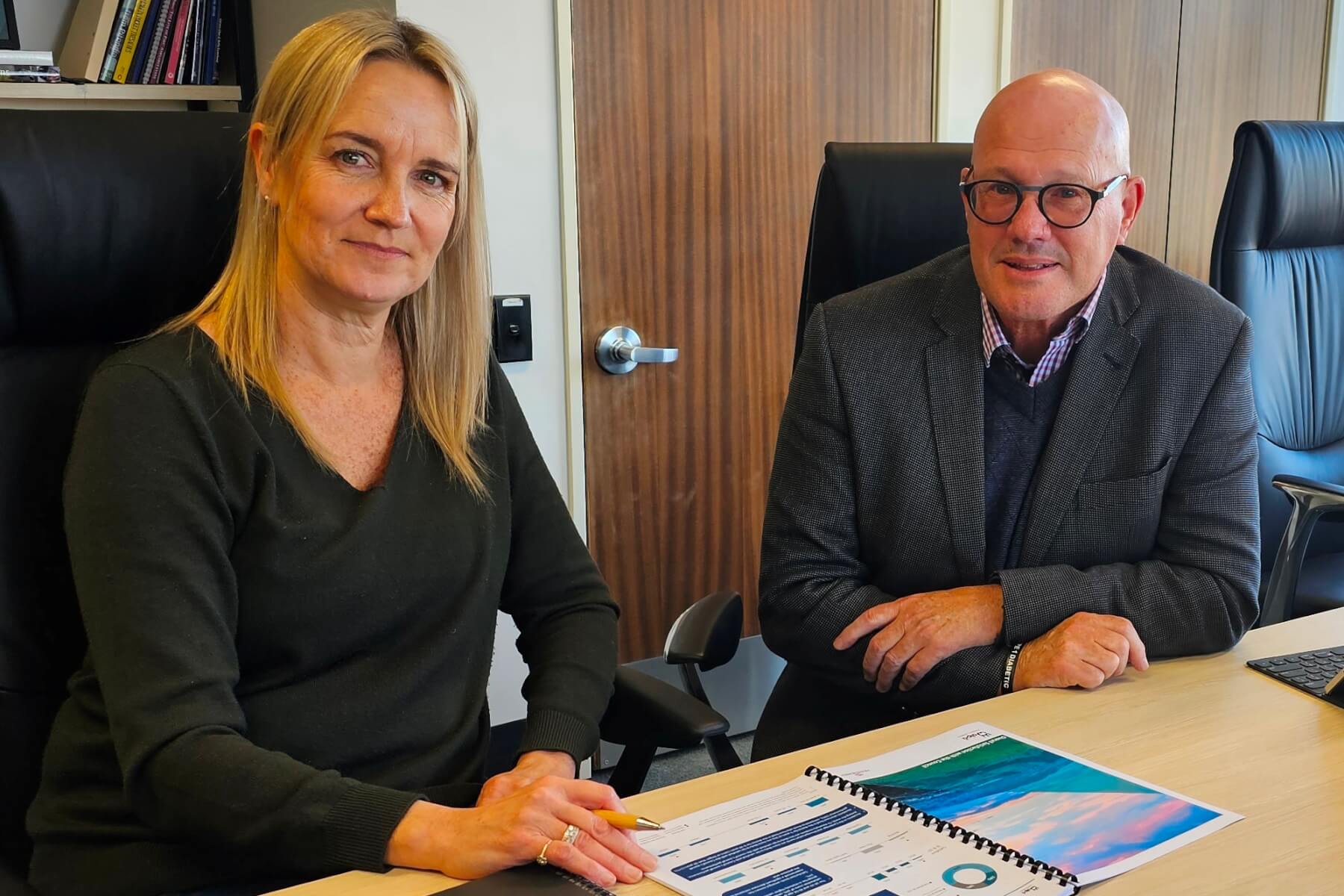
Residents’ Survey – Waipa
Welcome to Waipā: Home of the Sceptics, for we are champions no more.
That’s been confirmed in the latest annual Waipā residents’ survey with 54 per cent of the respondents described as sceptics and a third as champions.
It’s the 18-29 year-old age group driving the sceptics’ group. They say they do not value or recognise performance and have doubts and lack of trust.
And, in a significant twist, the ones with the least pride in their district are in mayor Susan O’Regan’s ward.
The 33 per cent across the district who see council as competent and with whom they have a positive emotional connection are in the older age groups.
O’Regan – who lives in the rural Kakepuku ward and was its councillor until October last year – and chief executive Garry Dyet were in no mood to sugar coat the result when they spoke exclusively to The News about the survey.
The survey was completed by Tauranga-based Key Research and cost $30,220. It is mandatory for the council to report qualitive data and it has done so since 2016. But the results have worsened year by year.
O’Regan and Dyet said they want to engage with the disaffected so there is an understanding around what the council does.
O’Regan describes the survey as the “three Rs” – roads, recycling and rubbish.
“There were no big surprises with some of the issues.
“Most of the elected members, most of staff and people who run our comms team and our customer service people are all aware of the challenges in that space, so we completely accept the criticism in respect of the three Rs,” said O’Regan.
The survey polled 422 people in four quarters starting July 1 last year and ending June 30. The margin of error is +/- 4.2 per cent.
The council’s reputation gained an overall pass – down from 30 per cent last year to 25 per cent – but there was a “significant decline” in satisfaction with services and facilities, particularly roading infrastructure and footpaths. Residents want to see more services to collect and reduce waste.
Nearly a quarter of those polled were “dissatisfied” with council’s overall performance with only 19 per cent satisfied – that satisfaction figure plunged in the Te Awamutu ward to 12 per cent.
 Chief executive Garry Dyet said the council would not know how good or bad the result was until it could be peer compared with other councils.
Chief executive Garry Dyet said the council would not know how good or bad the result was until it could be peer compared with other councils.
“The people in this organisation are genuinely committed to doing the best they can for their community.”
They took it seriously and were disappointed, he said, noting Waipā was copping the blame for central government reforms.
“It’s like they are shooting the messenger,” he said about issues like Three Waters, Resource Management Reforms and intensified housing.
The signals emanating out of government could be a reason for going from champions to sceptics.
“There’s a lot of stuff going on in the national scene that will affect people’s perception,” said Dyet.
“I’m personally more concerned about the dissatisfied group – it’s the movement in that group that has my attention,” said O’Regan.
“The bit that jumped out to me is the piece around levels of greater dissatisfaction among younger people.”
The council was hoping to engage more with that group, move into a better space.
She attended last week’s careers evening in the Cambridge Town Hall and met many younger residents.
“Wow, that was impressive. We’ve got a very active, ambitious and aspiration group. We need to find a way of accessing them that is meaningful and genuine and informs our decision-making.
“We can’t meet them if they don’t engage with us, and we don’t know what their aspirations are.”
Interestingly the levels of service council provided had not dropped but people’s expectations had increased, she said.
The survey was just one piece of a bigger picture around community perception.
- Download the survey results
- Read what they said.
- Watch the elected members workshop discussion
- or click below and scroll to 1:58









